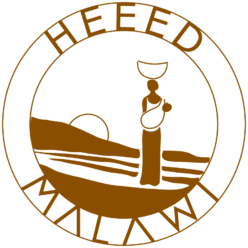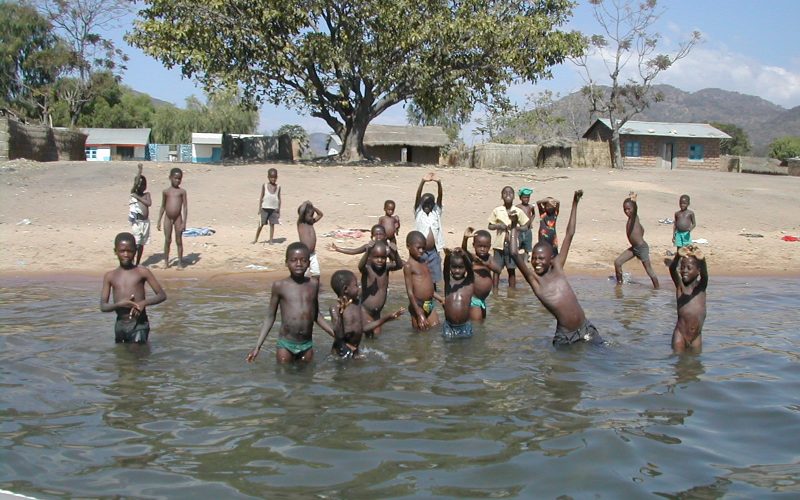
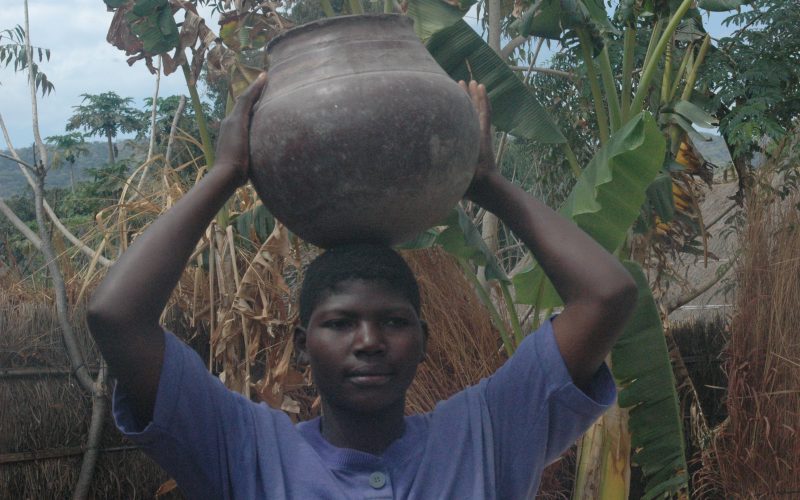
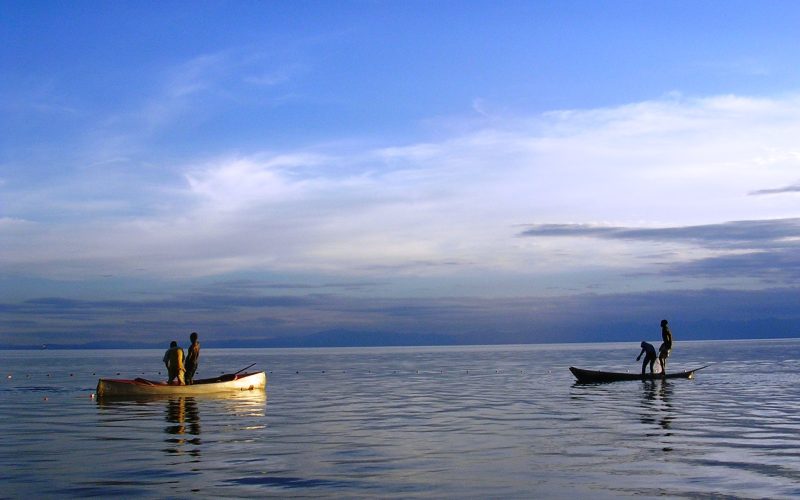
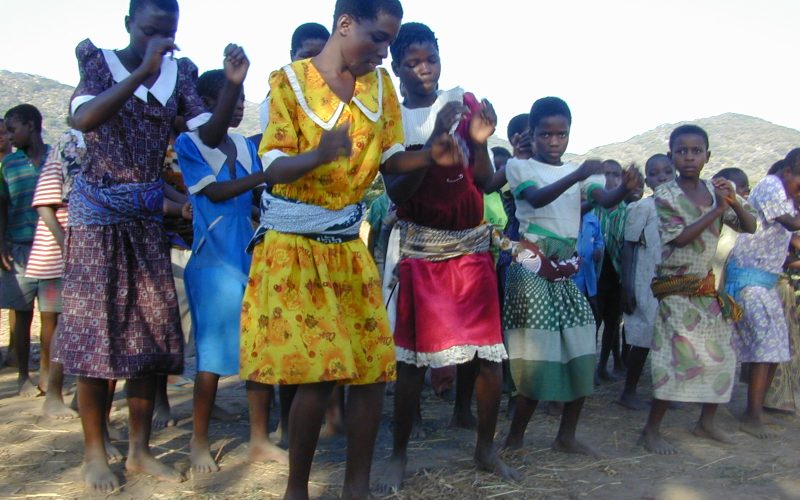
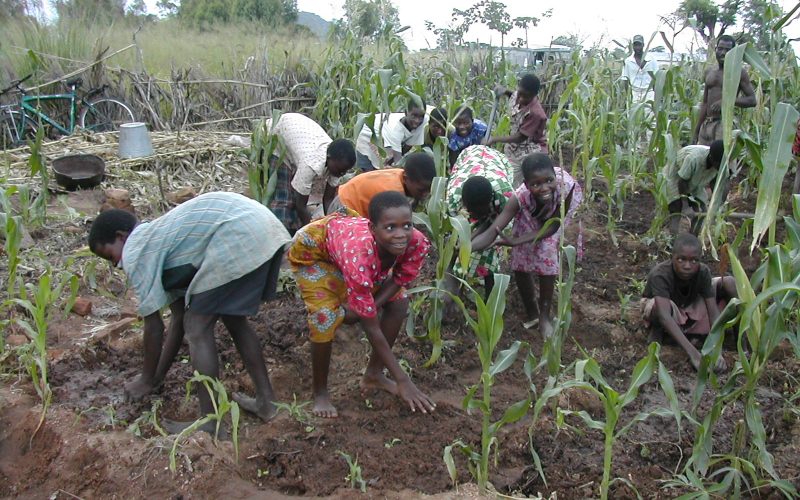
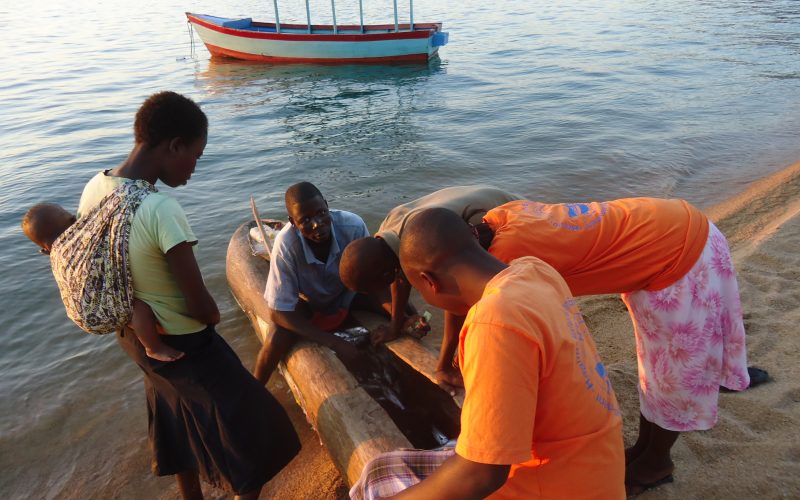
For first-time visitors to Malawi – there are many surprises in store: the country itself is endowed with spectacular landscapes – dominated by Lake Malawi, its rivers and the Rift Valley Escarpment. In addition, the people of Malawi – are made up of different ethnic groups that are also found in neighbouring countries. Malawians are known for their friendliness and rich oral traditions. Below we have paraphrased some history from Fr. Boucher Chisale’s publication (Digging our Roots) and we would heartily recommend reading his book in its entirety. Father Boucher is, today, probably the foremost authority on the history, traditions and myths of Malawi. In addition, he is the moving spirit behind the creation of the Museum at Mua Mission with its magnificent displays and murals depicting the colourful history of Malawi – very well worth a visit: Kungoni Centre of Culture and Art
“The Republic of Malawi, the country and the people we know today – with its magnificent Lake and varied topography, is the result of many migrations, encounters, conflicts and assimilations that stretch back over a thousand years. Beginning with the Akafulu hunter-gatherers and rock-dwelling artists, small groups of this Bantu tribe arrived in present-day Malawi circa 150 AD. Further waves of Bantu-speaking tribes followed after 900 AD – the Banda – bringing iron-smelting skills and agricultural practices to Malawi. These tribes were eventually dominated by the Phiri in the 15th Century and present-day Chewa are descended from these two groups. Later, in the 16th Century, Mozambican Yao, with links to Swahili, Arab and Portuguese traders, began to move inland from the coast and settled on Lake Malawi, bringing Islam. They acted as intermediaries in a flourishing slave-trade to Zanzibar, as the Phiri domination began to wane and tribal rulers challenged their King (Karonga) in the middle of 17th Century. Shifting alliances between small rival factions of Ngoni warriors (who arrived from South Africa in the 1820s) were then also challenged by Dr. Livingstone who arrived at Cape Maclear in 1859 – with the express purpose of abolishing the slave-trade in favour of honest trade. The Christian missionary movement, followed by British settlers – began to take root in Malawi and in l891, Malawi was declared a British Protectorate (Nyasaland). Blantyre and Zomba were the centres of commerce and administration until Malawi became independent in l964.” (Ref. Digging our Roots, Fr. C. Boucher Chisale, 2002).
